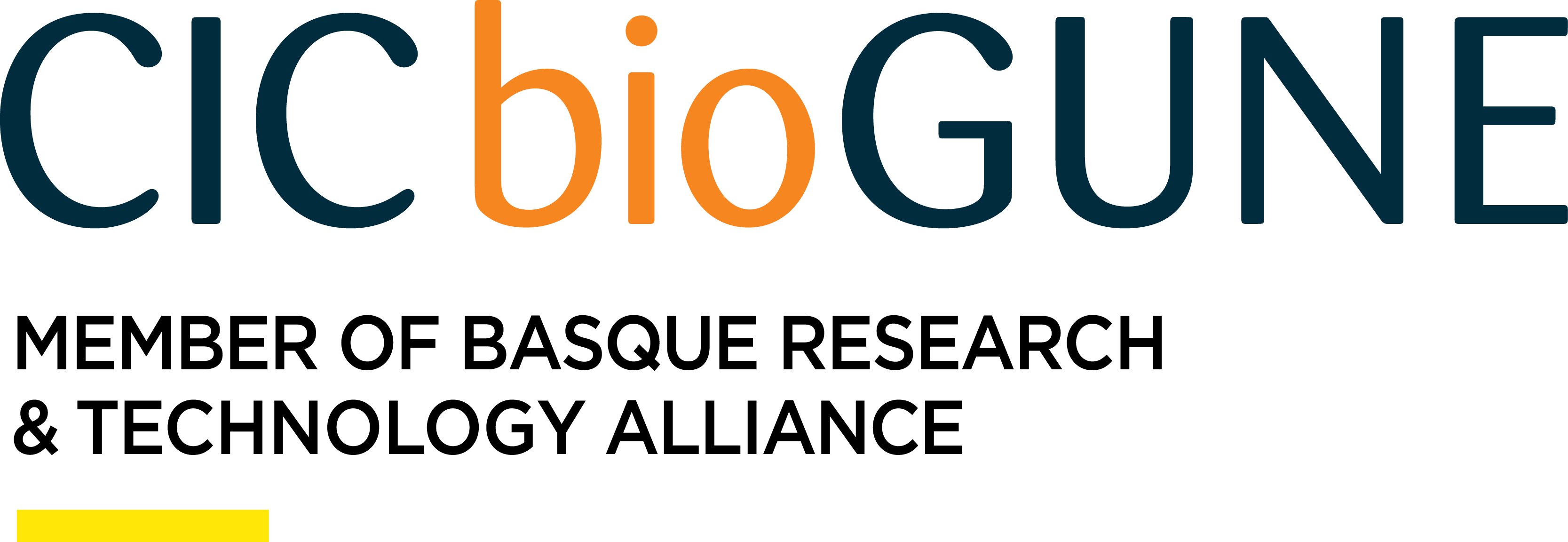Tools developed in the platform:
CANCERTOOL
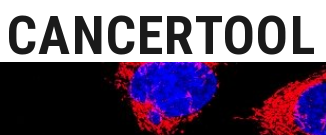 CANCERTOOL is a webtool that integrates gene expression data from various publicly available cancer studies, so that researchers can access quickly
and easily to a summary of relevant information as well as perform a number of basic analysis and visualize and represent the results in an output
format suitable for publication in scientific journals
CANCERTOOL is a webtool that integrates gene expression data from various publicly available cancer studies, so that researchers can access quickly
and easily to a summary of relevant information as well as perform a number of basic analysis and visualize and represent the results in an output
format suitable for publication in scientific journals
Publication
ClusterLocator
 Cluster Locator determines the number, size and position of all the clusters formed by the genes on a list of interest and statistically analyze
the distribution of those genes along the reference genome and the percentage of gene clustering found
Cluster Locator determines the number, size and position of all the clusters formed by the genes on a list of interest and statistically analyze
the distribution of those genes along the reference genome and the percentage of gene clustering found
Publication
VerSeDa
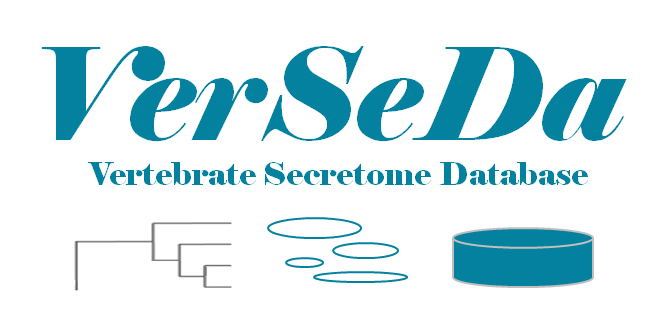 VerSeDa (Vertebrate Secretome Database) has been developed to accelerate the prediction process for whole secretomes (the full set of secreted
proteins by a given organism). Researchers are offered a reliable repository where secretome information can be obtained.
VerSeDa (Vertebrate Secretome Database) has been developed to accelerate the prediction process for whole secretomes (the full set of secreted
proteins by a given organism). Researchers are offered a reliable repository where secretome information can be obtained.
Publication
PECAS
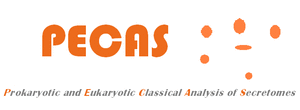 PECAS allows users to gain access to a well established analysis pipeline on prediction of secreted proteins. This tool enables potential users to carry
out predictions of secreted proteins in a single submission step (through the web interface) avoiding big data management issues. PECAS users can
perform classical secretome analysis (which is not currently offered in a pipeline format anywhere) on their sequences
of interest by submitting their NGS data in a wide range of formats.
PECAS allows users to gain access to a well established analysis pipeline on prediction of secreted proteins. This tool enables potential users to carry
out predictions of secreted proteins in a single submission step (through the web interface) avoiding big data management issues. PECAS users can
perform classical secretome analysis (which is not currently offered in a pipeline format anywhere) on their sequences
of interest by submitting their NGS data in a wide range of formats.
Publication
seqCNA
 Deviations in the amount of genomic content that arise during tumorigenesis, called copy number alterations, are structural rearrangements that can critically
affect gene expression patterns. We introduce seqCNA, a parallelized R package for an integral copy number analysis of high-throughput sequencing cancer data.
Deviations in the amount of genomic content that arise during tumorigenesis, called copy number alterations, are structural rearrangements that can critically
affect gene expression patterns. We introduce seqCNA, a parallelized R package for an integral copy number analysis of high-throughput sequencing cancer data.
Publication
SECRETOOL
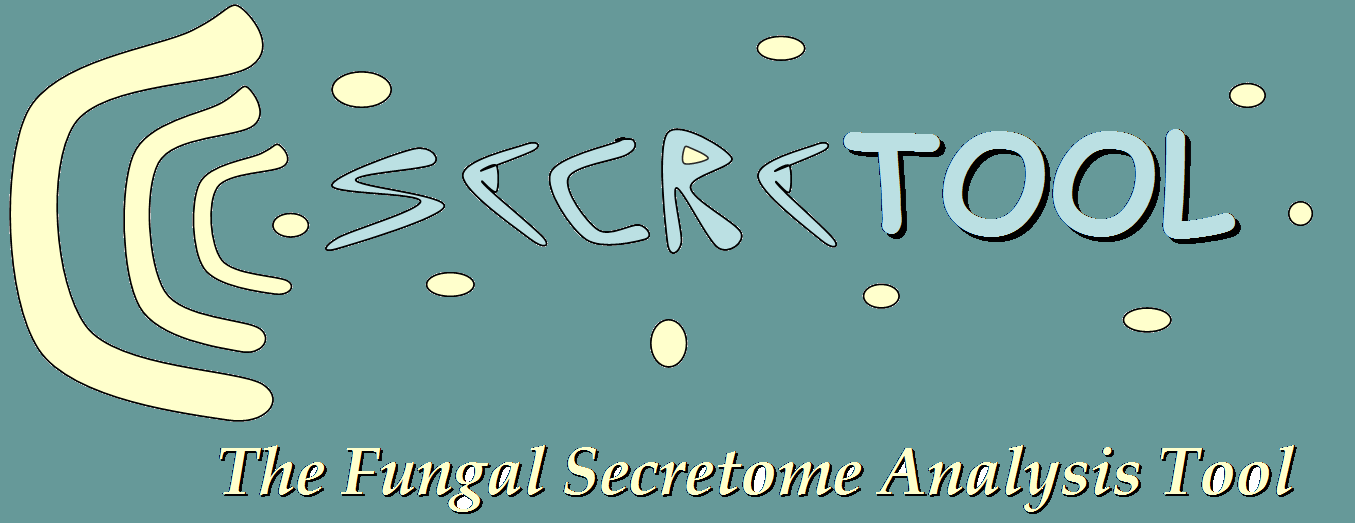 SECRETOOL is a webtool that comprises a group of tools that enable secretome predictions out of aminoacid sequence files, up to complete fungal proteomes, in one step.
SECRETOOL is a webtool that comprises a group of tools that enable secretome predictions out of aminoacid sequence files, up to complete fungal proteomes, in one step.
Publication
CnaStruct
 CnaStruct is a bivariate segmentation method designed for allele-specific copy number analysis on SNP arrays. It is based on the structural change model (SCM) segmentation and is
designed to correctly detect all changes in mean, whether they occur in a single variable (LRR or BAF) or both variables.
CnaStruct is a bivariate segmentation method designed for allele-specific copy number analysis on SNP arrays. It is based on the structural change model (SCM) segmentation and is
designed to correctly detect all changes in mean, whether they occur in a single variable (LRR or BAF) or both variables.
Publication
CnaGen
 Generation of synthetic SNP-array tumour samples with extensive parameterization. Normal cell contamination, intra-tumour heterogeneity, genomic waves, baseline shift and other known factors are parameterizable.
Generation of synthetic SNP-array tumour samples with extensive parameterization. Normal cell contamination, intra-tumour heterogeneity, genomic waves, baseline shift and other known factors are parameterizable.
Publication
miRanalyzer
 miRanalyser is a free web tool for the processing of small-RNAs data obtained using next generation sequencing techniques.
The input data consist of grouped sequence reads (sequence tags, unique reads), typically 16 to 26 bp long, and their expression values
(number of times the unique read has been found to be expressed in the experiment).
Publication
miRanalyser is a free web tool for the processing of small-RNAs data obtained using next generation sequencing techniques.
The input data consist of grouped sequence reads (sequence tags, unique reads), typically 16 to 26 bp long, and their expression values
(number of times the unique read has been found to be expressed in the experiment).
Publication

